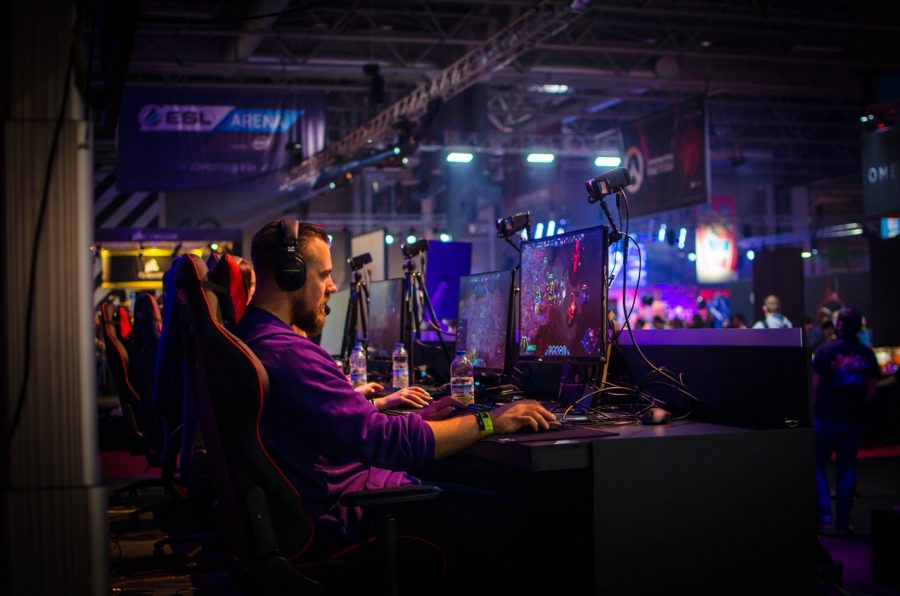Playing competitive games professionally can be a controversial profession. That’s because the regular engagement in competitive tournaments for money begs the question of whether taking the repetitive risk of losing is representative of a gaming or gambling addiction. The job titles that set off the most alarm bells are a professional poker player and an e-sports professional gamer.
Becoming a good gamer or poker player requires consistent practice, which studies show can actually be quite beneficial. Consistent gaming can promote prosocial development (for team games), help improve spatial cognition (how we acquire and use knowledge about our environment), and problem-solving skills. There is also research on novice versus expert players, in which the latter demonstrate enhanced short-term memory, self-monitoring, pattern recognition, and task switching efficiency.
Perhaps, part of the allure of professional gaming and professional poker playing is shared with an important aspect of how live casinos work, namely, that they can be easily accessed online. What may be at play here is the appreciation of the comfort of working for yourself, the same as seen in those of us who enjoy working from home. At the same time, however, both games often take on the form of widely televised live tournaments at organized events, often using internet radio coverage with play-by-play commentary, and considerable audiences.
While many people wonder about the role of addiction in professional gaming and professional poker playing, long hours of play alone do not constitute sufficient criteria for addiction. Sadly for many of the gaming professionals out there, we make almost instantaneous assumptions about the inner drives behind their occupation. Based on the pervading ideas within our culture, these assumptions are generally negative and often centre around the notion of addiction.
Just for fun, let’s entertain the following example of a professional gamer, who makes $200,000 a year from gaming tournaments, but whose excessive game playing causes him to experience social difficulties. It is entirely possible that the gamer in question chooses to ignore the negative aspects of gaming because of the relative monetary gain. Does this person have a gaming addiction? Or, seeing as gaming is their profession, perhaps it would be wiser for us to ask whether they are a workaholic, addicted (only) to their job?
Naturally, this carries its own implications – behavioural addictions such as this one appear right next to substance abuse disorders in the diagnostic manuals for mental health professionals like the DSM-5, and many of them such as gambling disorders, fire up the same brain processes as substance abuse disorders. But somehow it seems easier to pass judgement on the mental state of a professional gamer than an overly ambitious businessman.
The underlying causes of addiction are infinitely complex and can encompass anything from childhood trauma, through current circumstances, to neurobiological predispositions, and for a disorder to be diagnosable significant impairment or distress in several aspects of a person’s life must occur. With so many boxes to tick, jumping the gun and auto-diagnosing the first professional gamer you meet may be nothing short of ignorant. Chances are that they are simply skilled at what they do, enjoy it, and get great financial satisfaction out of it.



 Your total news and information resource for all things Science, Technology, Engineering / Mathematics, Art, and Medicine / Health.
Your total news and information resource for all things Science, Technology, Engineering / Mathematics, Art, and Medicine / Health.
Leave a Comment